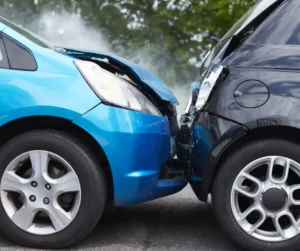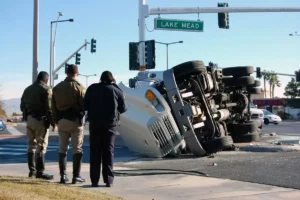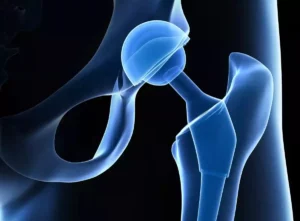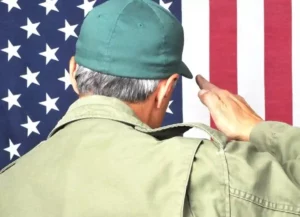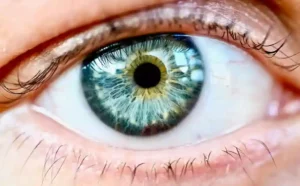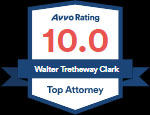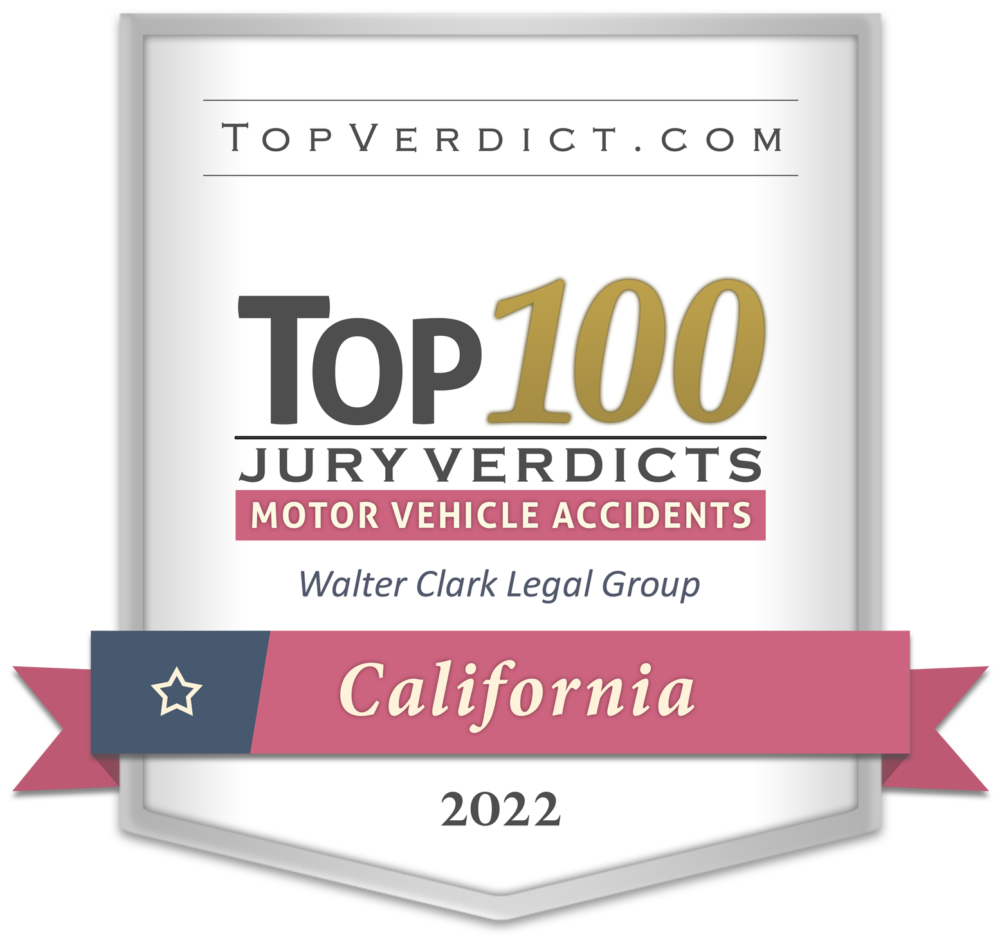The National Highway Traffic Safety Administration (NHTSA) established auto safety recalls in 1966. Since then, automakers have recalled between 10 million and 20 million vehicles per year. However, huge recalls, including those related to Takata airbag inflators and faulty GM ignitions, caused that number to skyrocket to roughly 50 million vehicle recalls in 2014. The number dropped to 30.7 million in 2017.
With such a significant number of auto recalls being issued in recent years, it’s not unlikely that you or someone close to you has a vehicle that has been recalled. Sometimes automakers voluntarily recall vehicles for problems, and other times recalls are required by the NHTSA after the agency has investigated the issue. Either way, automakers are responsible for tracking down the owners of recalled vehicles and sending them a recall notice. From there, drivers are responsible for contacting their dealerships to have the issue repaired.
If you have been injured in a vehicle that has been recalled, how will the recall affect your car accident case? That depends. In some cases, it might help determine which party is liable for the injury. For instance, if the automaker recalled the vehicle, but you did not have your vehicle repaired yet because parts were not available at the dealership, the automaker may be found liable for damages. Conversely, if the automaker sent you a recall notice and you failed to make arrangements for your vehicle to be repaired, the court may see you as liable or partly liable for the accident, since you did not respond to the notice given.
Here are some factors that may impact liability for an injury involving a recalled vehicle:
- Did you receive a recall notice? Automakers are required to notify owners of recalled vehicles via first-class mail. If the automaker failed to send you a recall notice, they might be liable for injuries caused by the recalled vehicle.
- If the automaker did send a recall notice, when did you receive it? If you were involved in an accident in your vehicle just a few days after you received the recall notice, the court will likely find that you did not have sufficient time to have your vehicle repaired before you were injured.
- Were the recall instructions clear? Recall notices should include clear instructions as to what the vehicle owner should do to have the vehicle repaired.
- Were the recall parts available? In some cases, it may take some time for dealers to receive the parts they need to make the repairs to recalled vehicles. This became an issue during the Takata recall, which led to the NHTSA prioritizing which vehicles needed to be serviced first, based on their risk of airbags exploding. If the parts needed to repair your vehicle were not available and you were waiting to have your vehicle fixed when you were injured, you should not be held responsible for injuries related to the defective vehicle.
- How did you respond to the recall notice? The court will also consider the vehicle owner’s response to the recall in determining liability. Let’s say you received the recall notice and had your vehicle repaired, but the accident or injury still occurred. The court is more likely to find the automaker responsible for your injuries in this situation, than if you failed to respond to the recall notice. Or, if you received the recall notice and scheduled a repair with the dealer, and you were injured before the repair could be made, the court is more likely to agree that you took the appropriate steps to address the problem.
Additionally, if the injury occurred after the recall repair was completed, you may still have a claim. If the repair was done correctly and you were still injured, then the automaker may be found liable for the damages. However, if the dealership performed the fix incorrectly, the dealer could be the one found responsible. As you can see, a car accident case like this can become quite complex, so it is important to consult with a personal injury attorney as soon as possible if you want to pursue a claim.
“If you receive a notice that your vehicle has been recalled, you should follow the instructions to have it repaired as soon as possible. Failing to do so could be detrimental to a personal injury claim involving the vehicle, should you be injured in it,” said Attorney Walter Clark, founder of Walter Clark Legal Group.
Our firm has been handling personal injury cases throughout the California Low Desert and High Desert communities for over 30 years. With a 95% success rate, the California personal injury attorneys at Walter Clark Legal Group will fight to hold those responsible for your loss accountable and win compensation to cover medical bills, lost wages, and pain and suffering. If you have been injured in an auto accident and want to discuss your legal options, contact us today for a free consultation with an experienced personal injury lawyer. We have offices in Indio, Rancho Mirage, Victorville, and Yucca Valley and represent clients through the entire California Low Desert and High Desert communities.
DISCLAIMER: The Walter Clark Legal Group blog is intended for general information purposes only and is not intended as legal or medical advice. References to laws are based on general legal practices and vary by location. Information reported comes from secondary news sources. We do handle these types of cases, but whether or not the individuals and/or loved ones involved in these accidents choose to be represented by a law firm is a personal choice we respect. Should you find any of the information incorrect, we welcome you to contact us with corrections.
- What To Do If You Have Been Injured At A Concert In California? Mar 27,2024
- Walter Clark Legal Group Reimburses Thanksgiving Ride Fares Nov 14,2023
- Walter Clark Legal Group Donates Backpacks to Booker T. Washington Elementary School Aug 22,2023
- Walter Clark Legal Group Donates Backpacks to Underserved Students Aug 22,2023
- Walter Clark Legal Group Reimburses Labor Day Ride Fares Aug 21,2023
- 2023 Safe Ride Home Program Jun 21,2023









